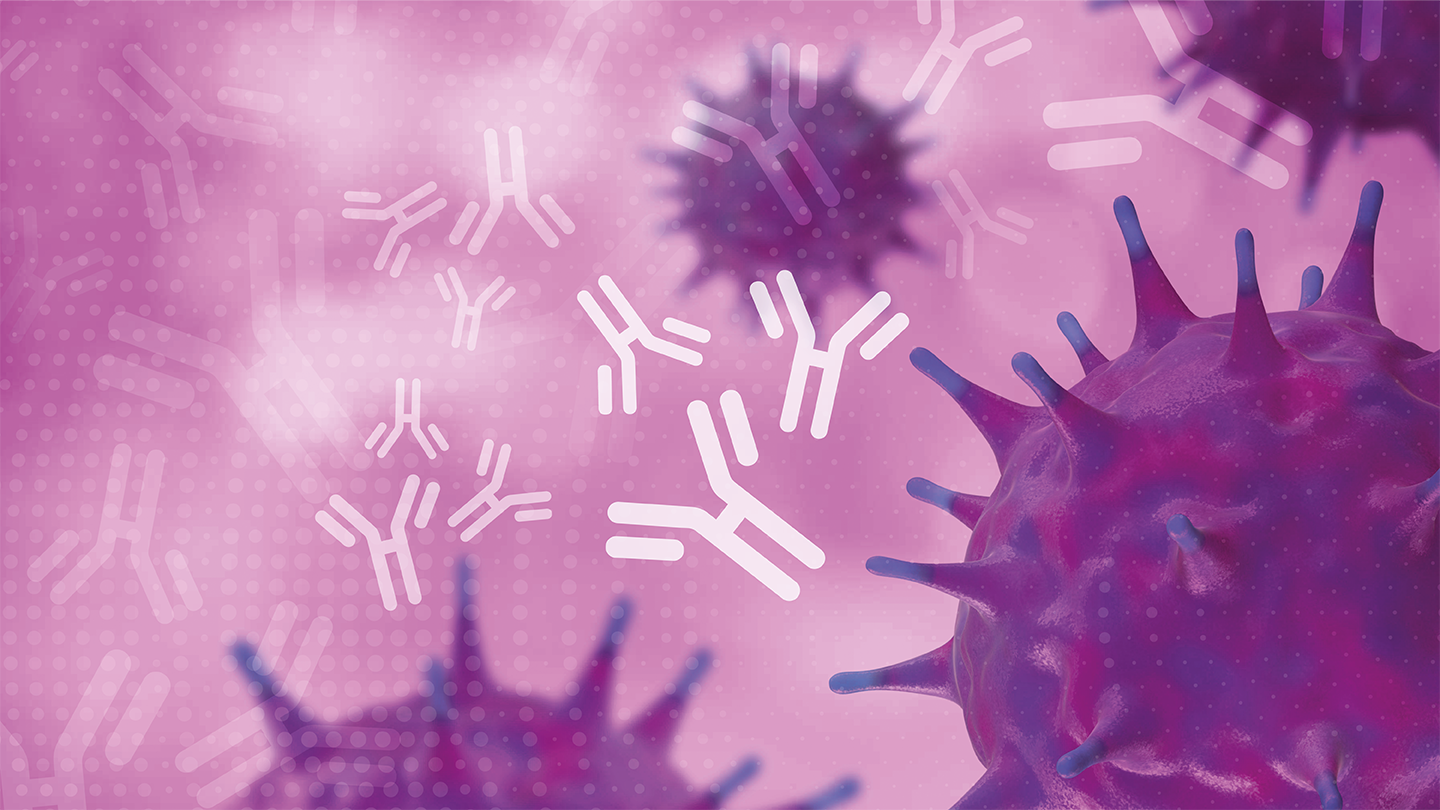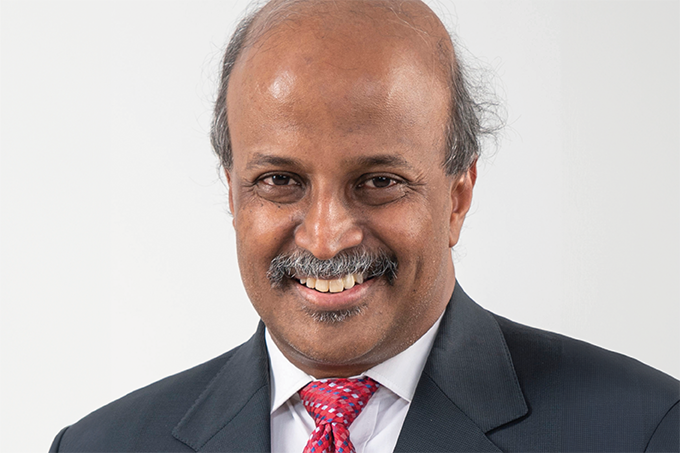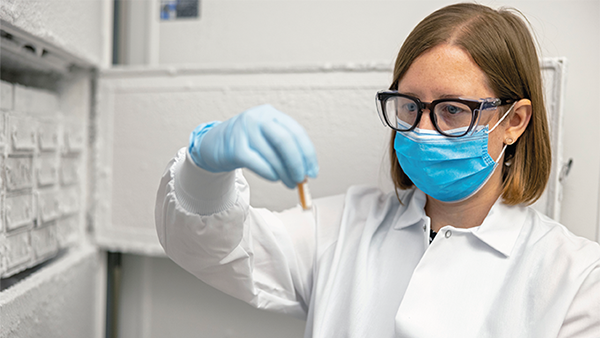Measles Rears Its Ugly Head
As another wave of the contagious disease hits communities across the world, we ask: how are health services responding?
First appearing sometime between the 11th and 12th centuries – after separating from the rinderpest virus, measles has moved in waves and remains a global concern. Before the first measles vaccine was introduced in 1963, the World Health Organization (WHO) estimates that 2.6 million deaths were caused by the disease each year (1).
In the following six decades, great strides have been made – thanks to widespread vaccination programs and vaccine development. But in recent months, we’ve seen measles outbreaks across the world (2) – from Yemen to India, to Ethiopia. Now, Europe is seeing a drastic rise in infection rates – and the UK has reported over 300 cases since October 2023. Researchers believe this surge of measles is due to a low uptake of vaccines during the COVID-19 pandemic. A Nature Explainer notes that only around 85 percent of children in England have received the vaccine by five years old (3) – a major decline from the 95 percent vaccination rate required for “herd immunity.”
As the UK’s National Health Service (NHS) launches a vaccination campaign to curb the infection, a health alert springs up from the Gold Coast Public Health Unit as measles takes a trip down under (4). Can Australia hold its own against the measles onslaught using a similar vaccine approach to the UK – or will we see a further rise of infection?
Even more recently, measles is making headlines in the US, with an outbreak originating from an elementary school in Florida and causing a resurgence across the nation. In addition to the 10 cases that have now been reported in Florida, data from the Center for Disease Control and Prevention suggests that this is only the tip of the iceberg. Since the beginning of the year, 35 cases have been reported across 15 states. Notably, measles was declared eliminated from the US in the year 2000, so how is this resurgence possible?
Containing the outbreak should have been a matter of priority. But Florida’s Surgeon General Joseph Ladapo’s irresponsible response has been to issue recommendations that diverge from standard public health advice. Though established protocol suggests early vaccination (ideally within three days of exposure) or quarantine for 21 days, Ladapo did not recommend that children were vaccinated and left it to parents to decide whether they should go back to school or not.
Ladapo’s 2021 appointment to the role was already controversial because of his opposition to vaccinations during the COVID-19 pandemic; perhaps this measles episode should surprise no one. Regardless, the situation is likely to get worse before it gets better – in the meantime, children in the state are being put in danger of a deadly disease.
As action is taken across the world, will we see a slow decline of cases – or is vaccine hesitancy gaining too much ground? We’ll continue to monitor the measles outbreak in the upcoming weeks and months, so stay tuned for updates. In the meantime, we welcome your thoughts on the measles outbreak where you are.
References
- World Health Organization (2023). Available at: bitly.ws/3cZnN.
- CDC GOV (2024). Available at: bitly.ws/3cZnX.
- Nature (2024). Available at: bitly.ws/3cZof.
- Gold Coast Bulletin (2024). Available at: bitly.ws/3cZoy.





